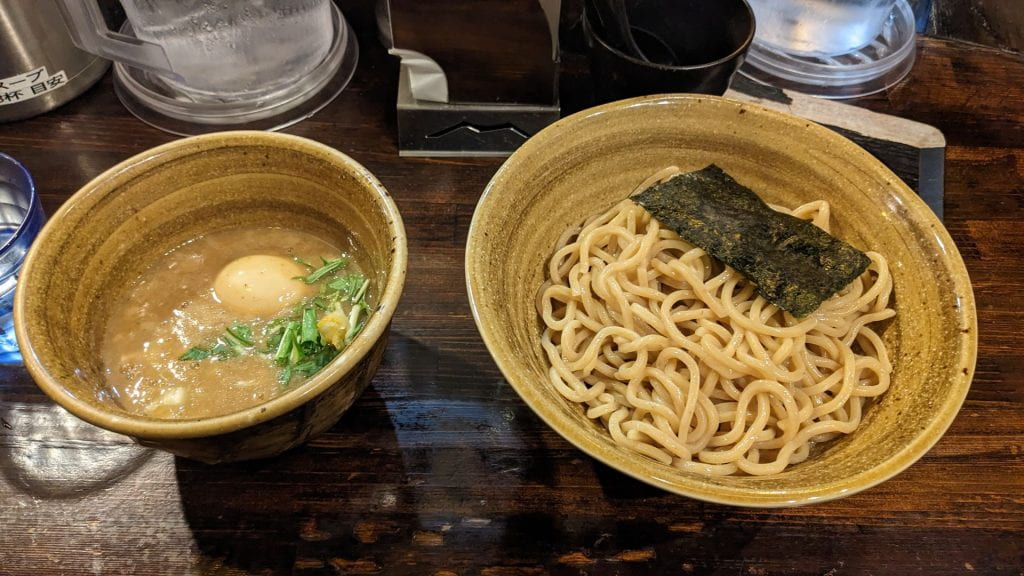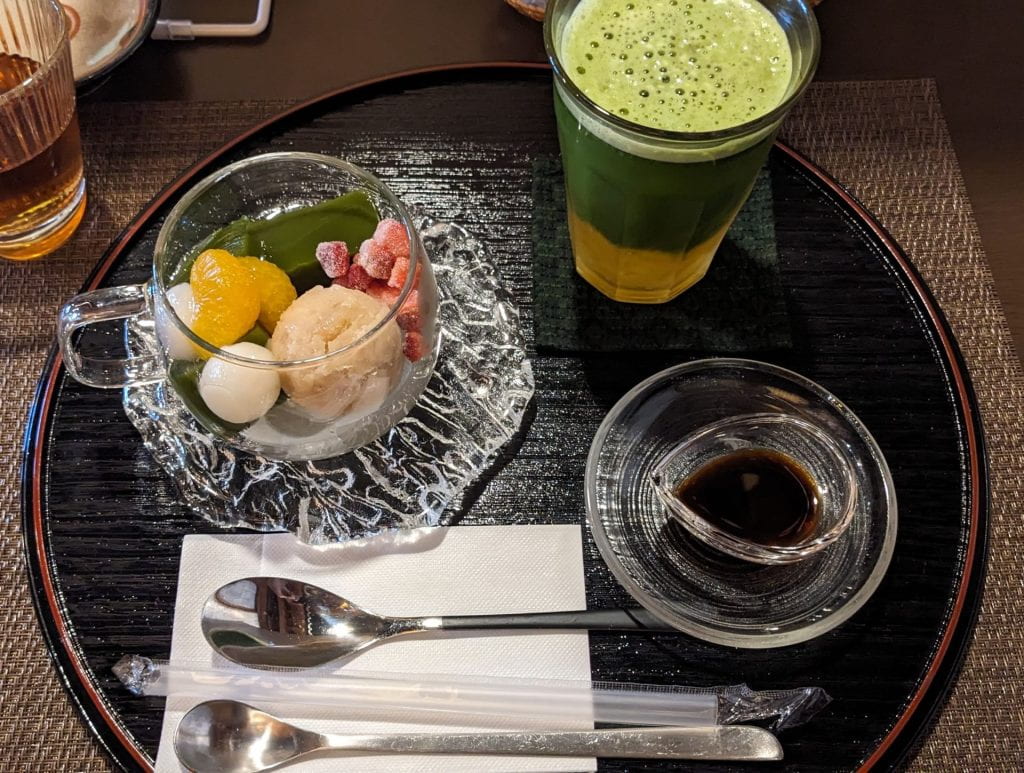By Jade Harding
There’s a lot to get used to abroad. One of the best things about a longer study abroad program is that you have plenty of time. It allows you to get past the tourist honeymoon period where everything is new, and to actually get an understanding of what life is like. Likewise, the way I thought about my time abroad changed over the course of my program. You don’t know what you don’t know, but there are a few things I didn’t know, think much about, or understand fully beforehand.
How Much Freedom Did You Have?
This is a major benefit of longer programs. School tends to be closer to the experience a normal student has, and structured activities aimed at exchange students are more spread out, if present at all. As such, you are pretty free to spend your free time on exploring, on self-structured activities, to join clubs, or to just stay home for a day. Before leaving I had expected more of my time to be accounted for, more similar to short term programs, so I found this freedom refreshing, and especially later in the program tried to make use of it to learn as much as I could about Japan. Like I’ve talked about before, I was able to put my emphasis on getting out of my English bubble to just explore the city, and although I couldn’t possibly see everything there was to see I think I did pretty well.
Work or Internships?
This is a more direct area where I wish I had thought more about how I would be spending my time day-by-day while abroad. Particularly for programs over six months, a lot of students get a job or internship while abroad, in addition to their college classes. I did not and as such cannot speak from experience, but for anyone going to Japan, know that you get one easy chance to open the door to working while you are there. If you do not say you might get a part time job while in the country at the airport upon your arrival, it will be very tough to decide to do so later.
Culture Shock?
I was blessed with having studied Japanese for about four and a half years before my study abroad program. In the course of that, I thought I had gained a pretty decent understanding of Japanese culture. However, you can only learn so much from the other side of the world, and actually being there was different. My home college tells exchange students about culture shock and how to deal with it before going, but I have always had a hard time wrapping my mind around it. Having gone to a country quite different from America, I can say that the closest feeling I got was a kind of anxiety about the difference in the way things are just expected to be done. That said, I was generally able to overcome these with my language ability (another reason to learn!) or accepting the difference until it became familiar–because that is what culture shock is: being confronted with a way of doing things you haven’t seen before or have trouble understanding. So, be accepting. After all, it isn’t home.
There are some easy examples, like getting used to using military time on the regular in conversation, or learning to speak metric as an American. Other things are difficult to understand until you are actually there, like the feeling of walking through a dense city residential area that has probably been occupied since before your home country existed, with roads just barely wide enough for cars and houses built up to the curb. For some confusion that put me going places way too early on the regular, Tokyo runs on a different schedule than home. I found that many retail stores and restaurants would open late in the day–to me at least–and the city would stay awake late into the night.
Though, there was one area that was completely different from home,
Food!
If you find yourself in another country, a fantastic way to get to know it is through the food, both the dishes themselves and the culture around it. Something that surprised me was the relative prevalence of eating out in Japan. In my experience in America, eating out feels like a treat, as well as costing a lot more than cooking something myself at home. In Tokyo, as well as the sheer number of options you would rightly expect to find in a massive city, I found it much easier and cheaper to eat at restaurants. This especially applies if you are getting food on your own, which is common at, for instance, ramen restaurants.
There was also an interesting difference in the scope of restaurants. In America, menus will tend to have a large variety of options, regardless of the type of food. Of course, there are restaurants like that in Tokyo. However many, particularly restaurants serving food more unique to Japan (for lack of a better term), will tend to have smaller menus. It is easy to find entire stores that only sell curry or pudding or ramen, or even cafes that only have one food item on the menu that changes depending on the day.
In terms of new cultural experiences, food is also a really easy and fulfilling way to experiment. Try everything! Food was fantastic to bring back with me, and a great way to remember my time in Japan. Picked up a few recipes too.


